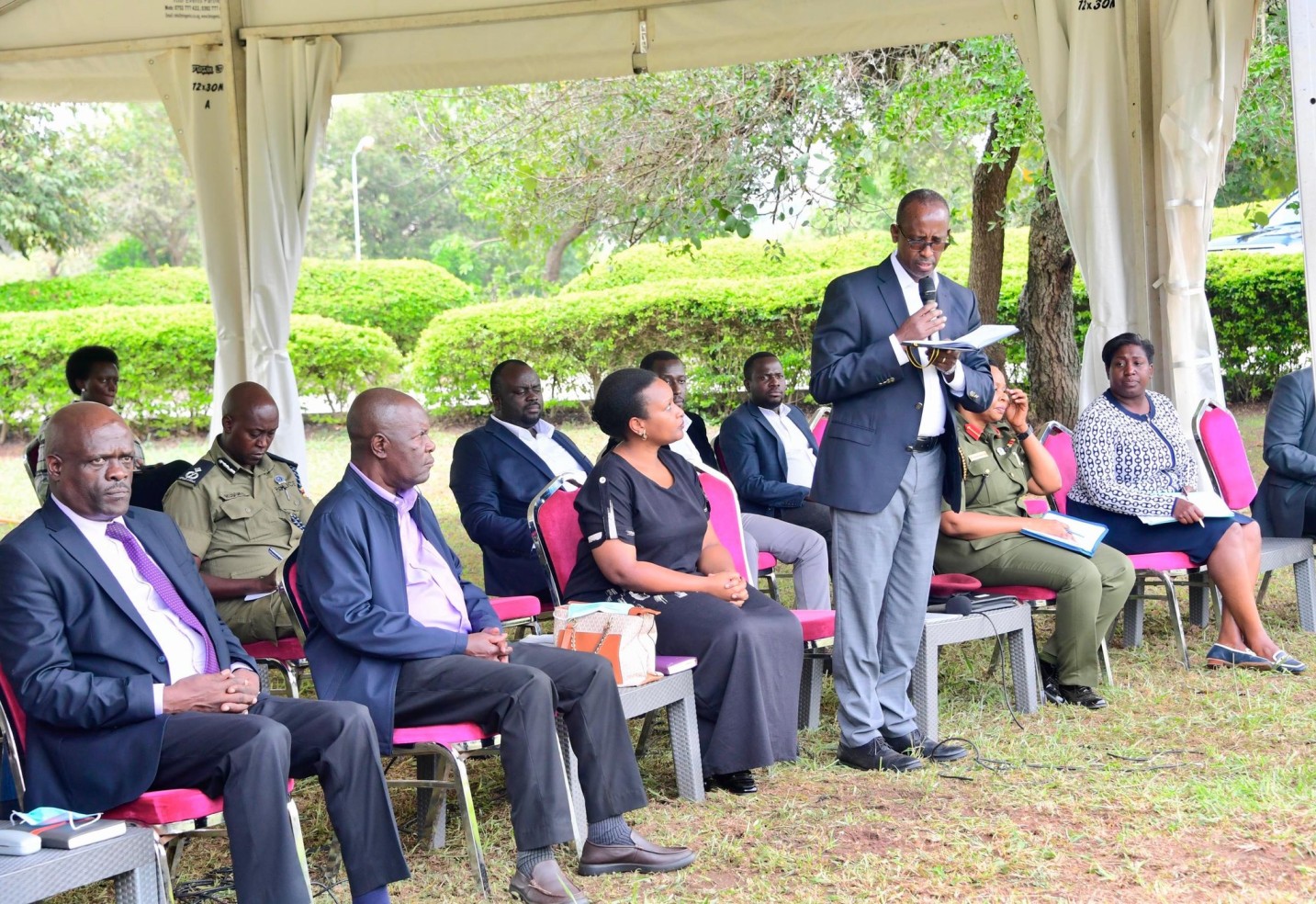President Yoweri Kaguta Museveni has expressed grave concerns over the impact of irresponsible media coverage on Uganda’s development and international reputation.
Speaking at a meeting with government communicators at the National Leadership Institute (NALI) in Kyankwanzi, the President underscored the potential dangers of misleading journalism.
The meeting, held on July 11, 2024, was led by Mr. Odrek Rwabwogo, Chairperson of the Presidential Advisory Committee on Exports and Industrial Development (PACEID). During his address, President Museveni highlighted historical incidents to illustrate the detrimental effects of distorted media narratives. He cited a case from 1989, during efforts to commercialize milk production in Uganda’s cattle corridor, where misleading headlines caused significant economic setbacks.
“From 1989, we started acquiring Friesian cows and quickly produced a lot of milk. However, because the volumes were large, prices dropped. We needed to broaden milk products beyond liquid milk, so I sought investors to produce powdered milk, cheese, butter, and other products,” President Museveni recounted.
He described how a misleading headline—”Uganda Sells Uganda Dairy Corporation for $1″—led to public outrage and discouraged a potential investor from Thailand, resulting in a four-year delay to secure another investor from India.
President Museveni emphasized the long-term negative effects of such journalism on the economy, stating, “This irresponsibility is very dangerous. I fully support forming a committee to address this issue.”
Mr. Rwabwogo, addressing the media-related challenges, noted that despite efforts over the past 18 months to enhance Uganda’s international image, local media often undermine these initiatives. He shared alarming statistics, revealing that only 12% of Ugandan citizens have a positive perception of the government, while 78% of online messages carry negative sentiments. He cited a recent damaging headline, “Uganda Supplies Condoms Instead of Sanitary Pads,” as an example of harmful media reporting.

Mr. Odrek Rwabwogo speaks during the meeting
To combat this issue, Mr. Rwabwogo proposed centralizing government communications, ensuring coherent messaging across sectors to protect Uganda’s market and reputation. He advocated for daily research, immediate responses to negative news, and educating public officials on the repercussions of irresponsible reporting.
“We need to coach cabinet members in international communication practices and extend this training to local governments. We are not against reporting issues, but it’s crucial how and where they are reported. Publishing everything inside our ‘kitchen’ can be dangerous,” Mr. Rwabwogo stressed.
The meeting concluded with an agreement to hold monthly cabinet discussions on Uganda’s global perception and strategies for improvement. Mr. Rwabwogo emphasized the need for a unified communication strategy to attract and retain investors, warning, “Investors get tired and move away if we don’t act quickly.”
In attendance were Col. Edith Nakalema, head of the State House Investors Protection Unit, Ms. Marcella Karekye, the Special Presidential Assistant in charge of Communications, and Director of the Government Citizen Interaction Centre (GCIC), among others.